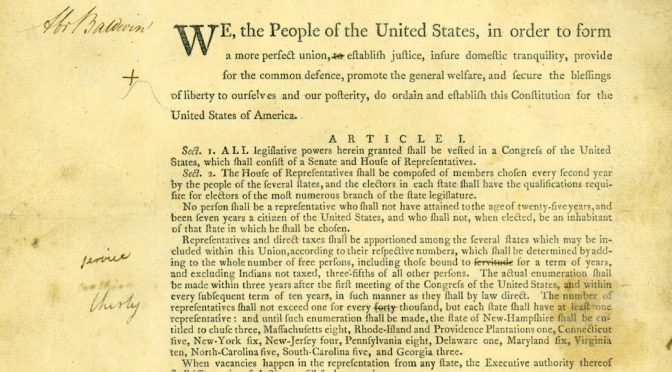In 2018, the Supreme Court held that it has appellate jurisdiction to review decisions of the Court of Appeals for the Armed Forces (CAAF) under 28 U.S.C. §1259. However, CAAF is the final court atop the “courts-martial system” and §1259 limits Supreme Court review of courts-martial cases to those where CAAF has already reviewed or… Continue reading Unequal Justice: Why Congress Should Expand the Supreme Court’s Jurisdiction to Review the Courts-Martial System
Category: Vol. 11 No. 3
Why Isn’t Outer Space a Global Commons?
The United States does not view outer space as a global commons, according to Executive Order (EO) 13914 issued by President Donald Trump on April 6, 2020. This policy declaration will be welcomed by some, lamented by others, and surely many more will simply find it confusing—an intriguing range of reactions for a seemingly simple… Continue reading Why Isn’t Outer Space a Global Commons?
National Security and Access, a Structural Perspective
Public access to court proceedings is a constitutional dictate and yet, since Sept. 11, 2001, the executive branch has pushed for secrecy to shroud the courtroom in the name of national security. Too often, courts have acquiesced despite the fact that access plays a crucial role in checking inter-branch conflicts, providing the electorate the information… Continue reading National Security and Access, a Structural Perspective



